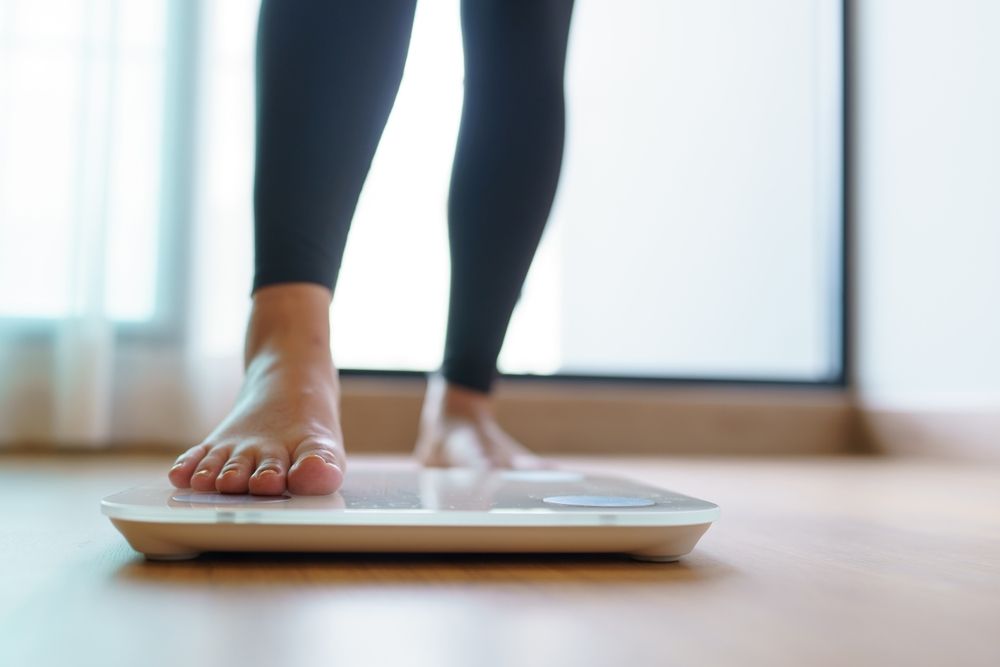
The ketogenic diet, commonly known as keto, is a high-fat, low-carbohydrate eating plan that has gained immense popularity in recent years, especially as a weight-loss strategy. Initially developed to help manage epilepsy in children, the diet involves eliminating most fruits, grains, starchy vegetables, processed foods, alcohol, and sugar. Promoted by social media influencers, athletes, and celebrities for its transformative effects, keto has captured widespread attention.
However, while the diet offers potential benefits, it is not without significant risks. Harvard Health highlights potential drawbacks, including liver and kidney strain, nutrient deficiencies, and side effects like constipation, brain fog, and mood swings.
While some swear by keto, others find the diet too extreme. Eat This, Not That! spoke with people who tried keto for 30 days and ultimately decided it wasn't for them. Here's why.
Wanted to Stay Fit

Kevin Saghy, founder and principal of Earned Impression, a communications and marketing consultancy, embraced the ketogenic diet as part of his fitness journey.
"The science behind the keto diet was intriguing, and as I’ve sought ways to maintain my fitness with age, it felt worth exploring," he explains.
Tried Keto to Manage Health Issues

In 2020, Tess Hilmo, a retired advanced research teacher and founder of Consider This Nutrition, was diagnosed with mast cell activation syndrome (MCAS), a debilitating condition that triggers allergic reactions such as hives, swelling, and shortness of breath.
"It’s incredibly challenging," the 56-year-old shares. "One of the symptoms is developing multiple food sensitivities, which makes proper nutrition a significant issue for us."
Seeking solutions, she turned to the ketogenic diet after hearing recommendations from others in the immune-compromised community. "I initially tried keto because it came highly recommended within those communities," she explains. "I followed the diet in 30-day increments, on and off, for about six months."
Cutting Out Carbs Was Hard

Sticking to any diet can be challenging, but the ketogenic diet is particularly restrictive. For Kevin Saghy, cutting out carbohydrates proved to be one of the toughest aspects.
"I tried keto because I tend to gravitate toward carb- and sugar-heavy foods, which are the hardest to keep off the waistline," he shares. "However, as a runner, carbs are a crucial fuel source, and eliminating them entirely turned out to be too difficult."
Keto Eliminates Too Many Healthy Foods, She Felt

While following the ketogenic diet, Tess Hilmo delved into its potential risks and sought advice from her husband, a neurotrauma physician.
"My husband gently shared emerging research on microbiome health, emphasizing how the gut influences 80% of our immune response, nervous system health, and more," she explains.
Through her research, Hilmo discovered the critical role of plant fiber in maintaining a robust microbiome. "Our microbiome thrives exclusively on plant fiber," she notes. "It requires a diverse range of plant-based foods to stay healthy and strong."
Ultimately, she decided to stop keto because it excluded many high-fiber foods essential for gut health. "Keto restricts grains, seeds, beans, fruits, and many vegetables—the very foods needed to support and heal our microbiome," she says. "The science all pointed toward eating a diverse array of plant foods—not necessarily being plant-based or vegetarian, but aiming for a '30 plants a week' approach to support gut health. I still enjoy meat and dairy, but I’ve shifted to a plant-strong lifestyle."
Got Results With Keto but Not Worth the Hassle

After a month on the ketogenic diet, Kevin Saghy noticed some positive results but found the trade-offs too significant.
"While I started to see some weight loss, the side effects just weren’t worth it," he explains. "I didn’t mind having Bulletproof coffee with butter for breakfast, but I began experiencing migraines, which I traced back to the MCT oil. On top of that, I struggled to maintain energy during long-distance runs without carbs. Ultimately, my body didn’t adapt well to the drastic changes the diet required."
Keto Side Effects Were Miserable

Saghy eventually decided to stop following the ketogenic diet due to its side effects.
"The migraines were unbearable, and the dietary shift was just too extreme for me," he shares. "I found I could achieve similar results through consistent net-calorie tracking, regular exercise, and resistance training—without the side effects or sacrifices keto required."
What to Make of Keto

While the ketogenic diet has delivered impressive results for some, it’s not a universal solution. As these experiences illustrate, the strict restrictions and potential side effects can make keto difficult or unsustainable for many. Before embarking on keto—or any diet—it’s important to evaluate your individual health needs, lifestyle, and long-term goals. Consulting with a healthcare professional or registered dietitian can provide valuable guidance in determining whether keto is right for you or if a more balanced approach might better suit your needs. Ultimately, the most effective diet is one that supports your goals while maintaining your overall well-being.

